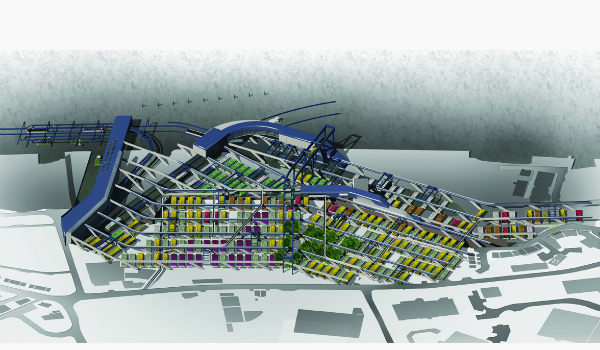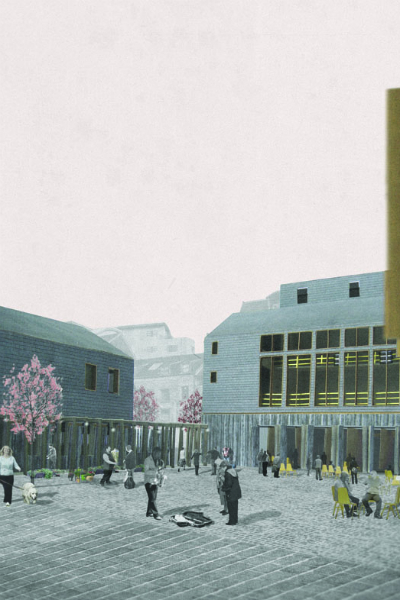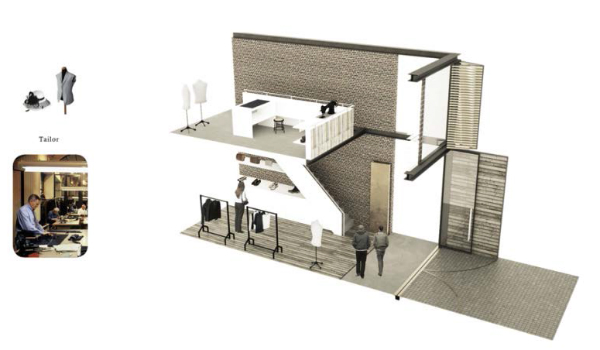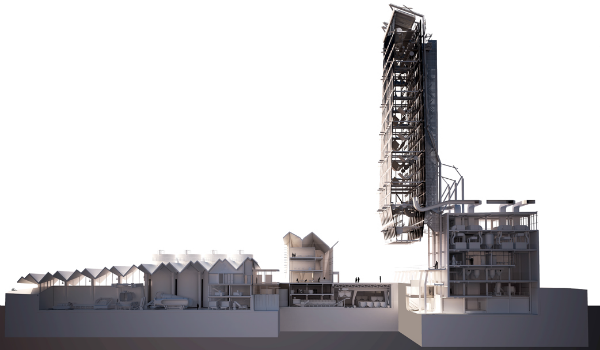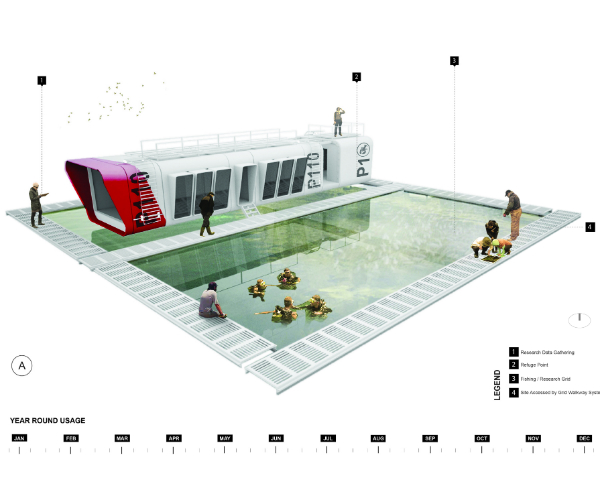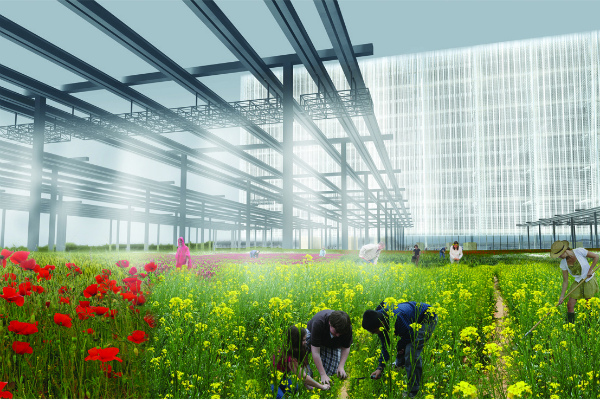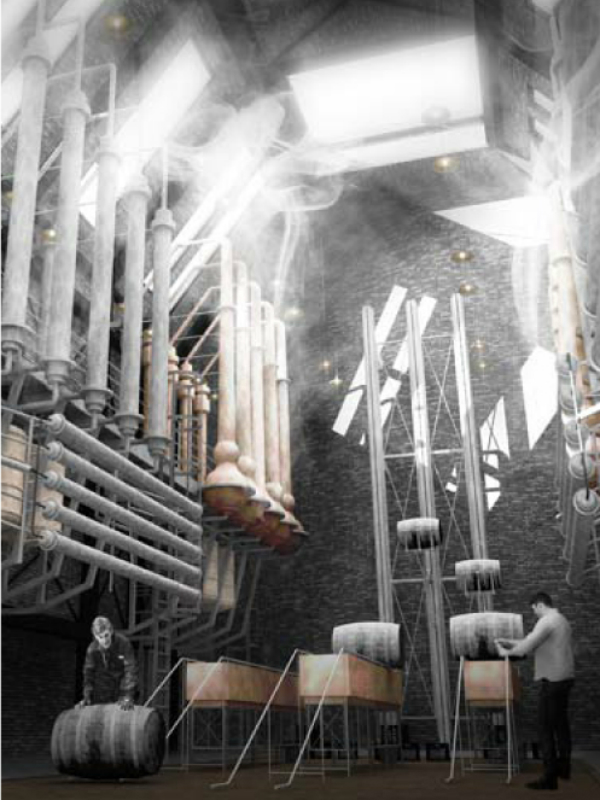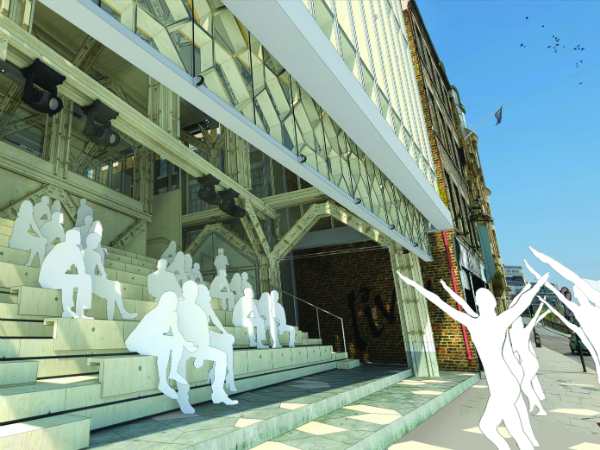-
Study
-
Quick Links
- Course Search
- Fees and Funding
- Unlock Your Potential
- Still time to Apply
- Higher and Degree Apprenticeships
- Continuing Professional Development
- Still time to apply
-
Undergraduate
- Application Guides
- UCAS Exhibitions
- Foundation Years
- School & College Outreach
- Information for Parents
-
Postgraduate
- Application Guide
- Postgraduate Research Degrees
- Flexible Learning
- Change Direction
- Register your Interest
-
-
International
International
Northumbria’s global footprint touches every continent across the world, through our global partnerships across 17 institutions in 10 countries, to our 277,000 strong alumni community and 150 recruitment partners – we prepare our students for the challenges of tomorrow. Discover more about how to join Northumbria’s global family or our partnerships.
View our Global Footprint-
Quick Links
- Course Search
- Undergraduate Study
- Postgraduate Study
- Information for Parents
- London Campus
- Northumbria Pathway
- Cost of Living
- Sign up for Information
-
International Students
- Information for Students
- International Events
- Application Guide
- Entry Requirements and Education Country Agents
- Global Offices
- English Requirements
- English Language Centre
- International student support
- Cost of Living
-
International Fees and Funding
- International Undergraduate Fees
- International Undergraduate Funding
- International Masters Fees
- International Masters Funding
- International Postgraduate Research Fees
- International Postgraduate Research Funding
-
International Partners
- Agent and Representative Network
- Global Partnerships
- Global Community
-
International Mobility
- Information for Northumbria Students
- Information for Incoming Exchange Students
-
-
Business
Business
The world is changing faster than ever before. The future is there to be won by organisations who find ways to turn today's possibilities into tomorrows competitive edge. In a connected world, collaboration can be the key to success.
More on our Business Services -
Research
Research
Northumbria is a research-rich, business-focused, professional university with a global reputation for academic quality. We conduct ground-breaking research that is responsive to the science & technology, health & well being, economic and social and arts & cultural needs for the communities
Discover more about our Research -
About Us
-
About Northumbria
- Our Strategy
- Our Staff
- Place and Partnerships
- Leadership & Governance
- Academic Departments
- University Services
- History of Northumbria
- Contact us
- Online Shop
-
-
Alumni
Alumni
Northumbria University is renowned for the calibre of its business-ready graduates. Our alumni network has over 246,000 graduates based in 178 countries worldwide in a range of sectors, our alumni are making a real impact on the world.
Our Alumni - Work For Us
What will I learn on this module?
A critical appreciation and evaluation of advanced historical, theoretical, urban and technological paradigms governing the disciplines of Architecture forms the core learning journey of this module. The thematic exposure to seminal historic and contemporary architecture will develop critical knowledge to further reveal key theoretical positions and thinking. Presented as a theoretically connected continuum of architectural thought, spanning relevant epochs, content will thematically align to your wider creative learning journey. Existing critical learning skills will be honed to further reflective upon and interpret established theories of architecture.
How will I learn on this module?
The module content will be delivered as a sequential programme of lectures supported by research led, participatory group seminars. In response, independent learning will allow you to explore your own themes framed around given assignment work whilst the lectures appraise critical exemplars case studies to encourage specific discussion within the supporting seminars. These seminars are a forum for formative feedback with your peers and your tutor to inform your personal learning journey and they complement your advancing knowledge, your directed and self-directed individual study.
To aid contextual understanding and critical appraisal, a wide range of visual material will be used to support the module content.
How will I be supported academically on this module?
Engagement in lectures and participation to group seminars and associated discussion is essential to your development. Feedback on formative work can be offered in a variety of forms throughout the duration of the module. Written feedback will be provided at summative assessment points to help you reflect, develop and learn. Periods of self-directed learning are essential for your personal research, creative explorational and development of assignment work whilst we have an open-door policy so that you can seek further support should you need it.
In addition, assignments, presentations, relevant associated module information and specific reading lists will be uploaded to the eLearning Portal (Blackboard), so that you can access module content when needed. The university library offers support through its extensive physical and on-line resources, through e-reading lists. In addition, guidance on developing academic study skills, is provided by the Ask4Help facility.
What will I be expected to read on this module?
All modules at Northumbria include a range of reading materials that students are expected to engage with. Online reading lists (provided after enrolment) give you access to your reading material for your modules. The Library works in partnership with your module tutors to ensure you have access to the material that you need.
What will I be expected to achieve?
Knowledge & Understanding:
KU 1. Analyse contemporary architecture and understand the larger context in which it emerges.
Intellectual / Professional skills & abilities:
IPSA 1. Articulate a critical and reflective approach in the work you produce and towards the work of others.
IPSA 2. Evidence advanced research and analytical skills with consideration of the influences of the artistic and cultural context within an articulated viewpoint.
Personal Values Attributes (Global / Cultural awareness, Ethics, Curiosity) (PVA):
PVA 1. Reflect upon current practice to develop and reinforce personal development.
How will I be assessed?
Formative assessment will be delivered in form of verbal feedback after the group presentation.
Summative assessment is of the illustrated written assignment (5000 words equivalent) covering all MLO’s
KU1, IPSA 1, IPSA 2, PVA 1
Feedback will be offered in verbal and written form to provide advice for further development and a critical appraisal of work and performance.
Moderation of summative assessment will take place at the end of the module.
Pre-requisite(s)
None
Co-requisite(s)
None
Module abstract
Within this module you will express an individual, critical synthesis of your knowledge of the holistic and thematic concepts and theories that underpin the creative discipline of Architecture and the urban context. Through the use of lectures and research-led group seminars you will interpret and contextualise the interconnected precepts and philosophies informing architectural thought towards an individual perspective. You will critically analyse architectural theory to appraise the thematic, epochal and conceptual shifts within Architecture, explored and analysed against contemporary thinking. Lectures will explore the advancements of Architecture and the urban realm via theoretical and cultural paradigms, contextualised against an advanced technological and material appreciation. The set assessment work will challenge your critical thinking skills and your research led learning will encourage you to synthesise your theoretical knowledge within a personal critical framework that will also help you appraise and evaluate your own design work and the work of others.
Course info
UCAS Code K100
Credits 20
Level of Study Undergraduate
Mode of Study 3 years Full Time or 4 years with study abroad
Department Architecture and Built Environment
Location City Campus, Northumbria University
City Newcastle
Start September 2025 or September 2026
All information is accurate at the time of sharing.
Full time Courses are primarily delivered via on-campus face to face learning but could include elements of online learning. Most courses run as planned and as promoted on our website and via our marketing materials, but if there are any substantial changes (as determined by the Competition and Markets Authority) to a course or there is the potential that course may be withdrawn, we will notify all affected applicants as soon as possible with advice and guidance regarding their options. It is also important to be aware that optional modules listed on course pages may be subject to change depending on uptake numbers each year.
Contact time is subject to increase or decrease in line with possible restrictions imposed by the government or the University in the interest of maintaining the health and safety and wellbeing of students, staff, and visitors if this is deemed necessary in future.
Useful Links
Find out about our distinctive approach at
www.northumbria.ac.uk/exp
Admissions Terms and Conditions
northumbria.ac.uk/terms
Fees and Funding
northumbria.ac.uk/fees
Admissions Policy
northumbria.ac.uk/adpolicy
Admissions Complaints Policy
northumbria.ac.uk/complaints

